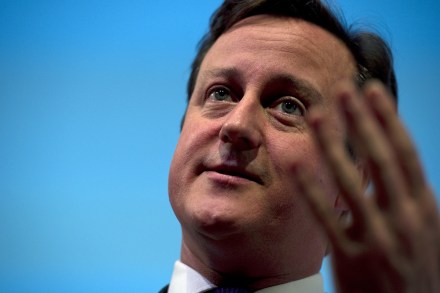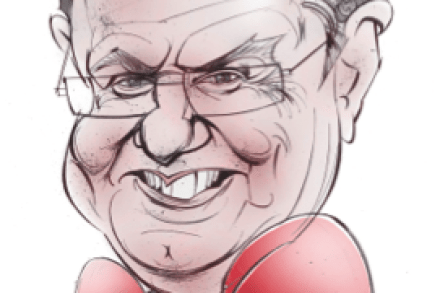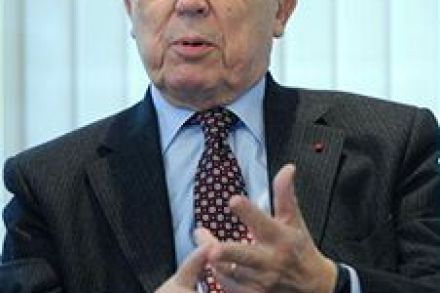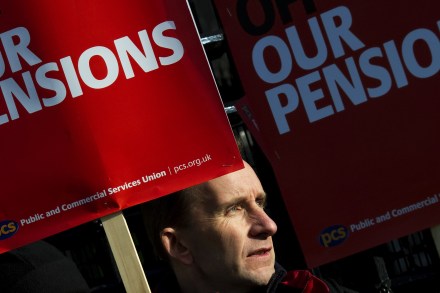The growth script still needs writing
The Times is being a bit harsh on Cameron in its leader this morning. ‘On the economy’, it says, ‘Cameron has contracted out policy to George Osborne and then followed the usual (although not invariable) practice of postwar prime ministers of supporting his Chancellor’s decisions. But he has not added to this a convincing contribution of his own.’ Yes, Cameron has not done very well articulating his government’s growth policy. I’ve also noticed that he is not much good at describing the Loch Ness Monster and for the same reason. Unconfirmed rumours of its existence whirl around now and again. Grainy photos of something supposed to be a UK growth




















